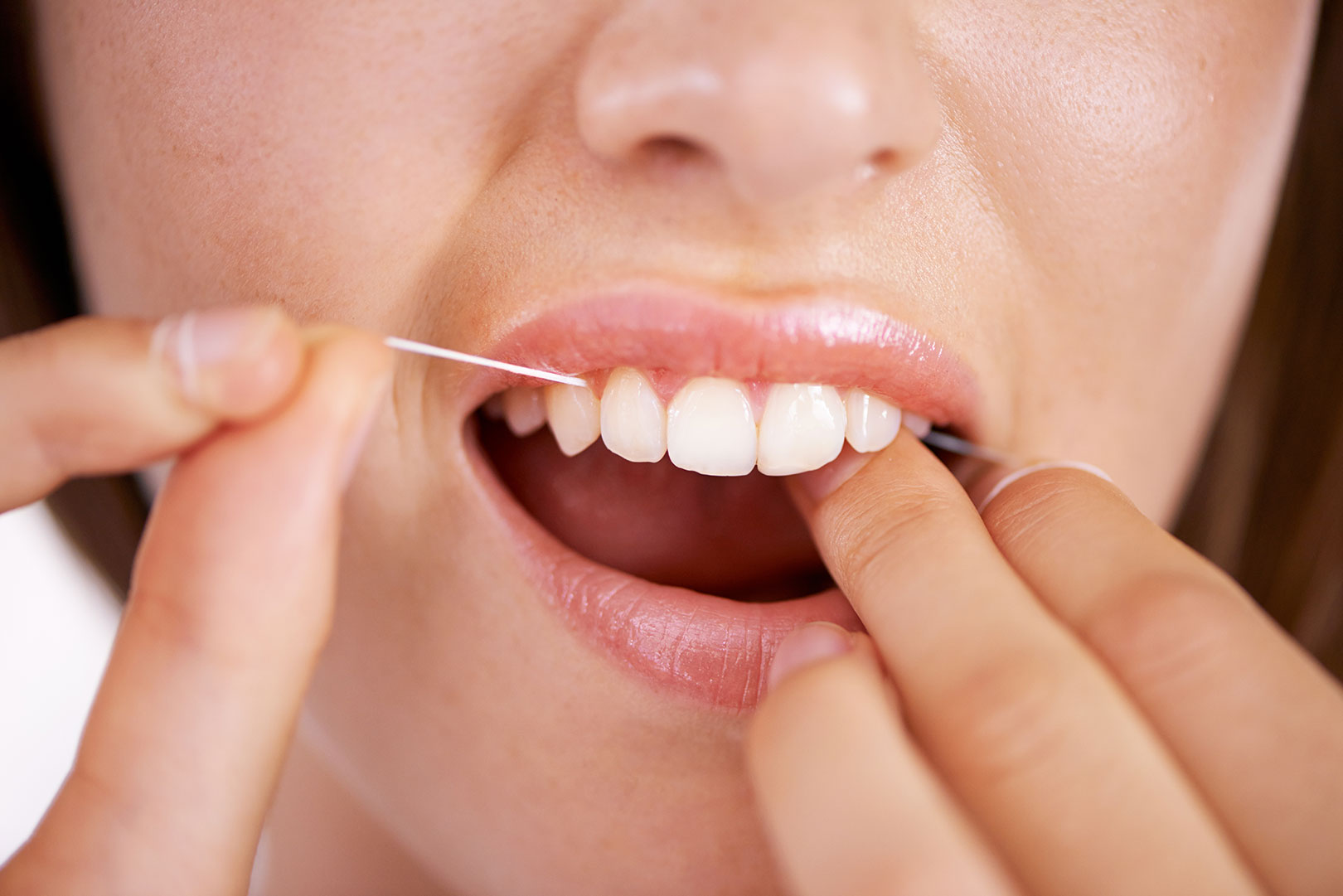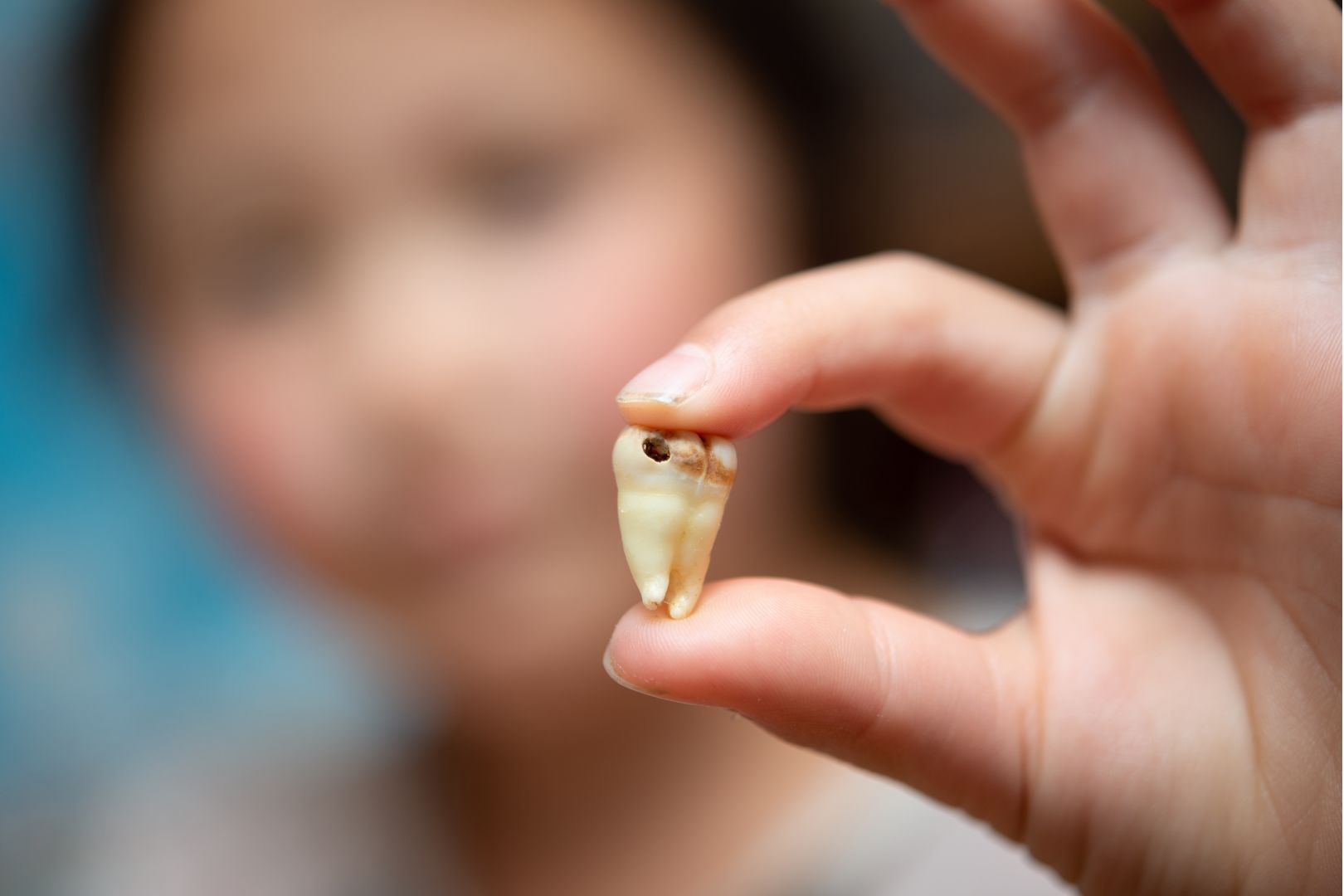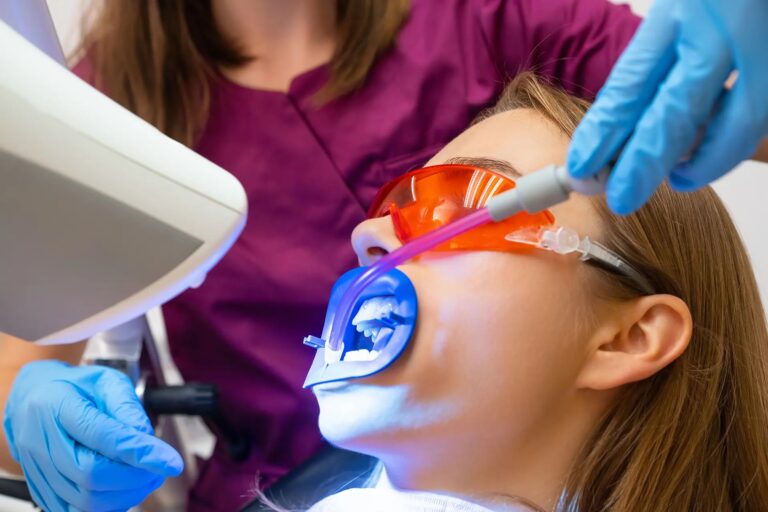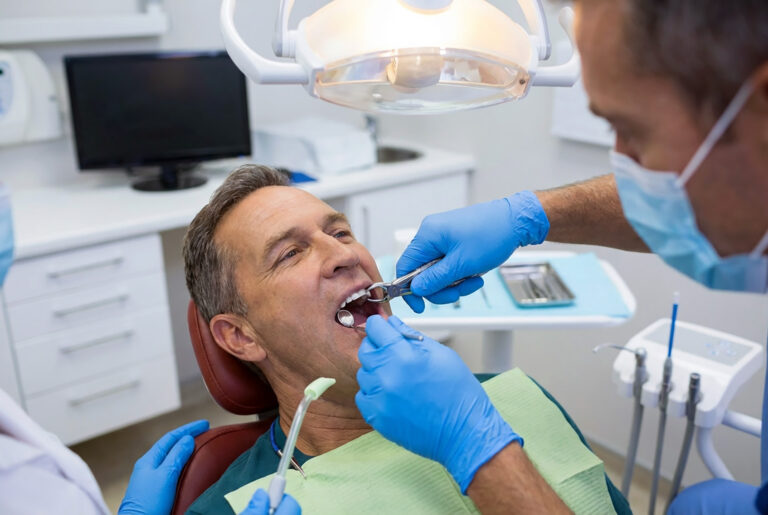No one likes cavities. They’re annoying, troublesome, and painful, but despite our best efforts, they can still happen. Cavities arise when we don’t maintain a proper oral hygiene routine dedicated to keeping them at bay.
Wanting to avoid cavities isn’t enough. You have to take proactive steps to protect your smile. In this article, we’ll explore effective strategies to ward off cavities. While some may seem obvious, it’s worth revisiting these essential practices to ensure your smile remains cavity-free.
Toothpaste: Your First Line of Defense
Toothpaste plays a crucial role in preventing tooth decay through various mechanisms. Its fluoride content strengthens tooth enamel and aids remineralisation, while mild abrasives help remove plaque and food particles.
Some toothpastes contain antibacterial agents to reduce decay-causing bacteria. Others are formulated to balance pH or include remineralising agents like calcium phosphate. Even desensitising toothpaste indirectly helps by encouraging better brushing habits.

To maximise these benefits, brush twice daily for two minutes, covering all tooth surfaces. Remember, while toothpaste is an effective tool against cavities, it works best as part of a comprehensive oral care routine that includes flossing, a healthy diet, and regular dental check-ups.
Fluoride: Your Best Friend
Fluoride is your secret weapon against cavities, strengthening enamel and helping your teeth resist acid attacks from bacteria.
You can get fluoride from two primary sources: toothpaste and fluoridated water. Fluoride repairs early signs of tooth decay and disrupts bacteria’s ability to produce harmful acids.
By incorporating fluoride into your routine, you’re giving your teeth the ultimate defence against cavities. Understanding how fluoride prevents tooth decay is crucial to maintaining good oral health.
Flossing: Going the Extra Mile
Think of flossing as a crucial sidekick to your toothbrush. While brushing covers the surfaces of your teeth, flossing targets the tight spaces between them, removing food particles and plaque that brushing might miss.
Daily flossing prevents plaque buildup, which can harden into tartar and lead to cavities and gum disease. By making flossing a part of your routine, you ensure your entire mouth stays healthy and cavity-free.

Diet: What You Eat Matters
Cavities aren’t just a result of poor oral hygiene – your diet also influences them. Sugar is the main culprit, feeding harmful bacteria that produce enamel-eroding acids. Instead, choose crunchy vegetables and fruits that boost saliva production, a natural defence against decay.
Calcium-rich foods like cheese and yoghurt help fortify enamel, while green tea’s antioxidants fight bacteria. Making smarter food choices is a key step in keeping cavities at bay.
Saliva: Your Natural Cleanser
Saliva plays an important role in keeping your teeth clean and preventing decay. It neutralises harmful acids, provides essential minerals to repair enamel, and washes away food particles.
To support your saliva’s efforts, stay hydrated, chew sugar-free gum after meals, and include crunchy fruits and veggies. Avoid tobacco and limit alcohol, both of which can dry out your mouth. By keeping your saliva flowing, you’re helping to keep your teeth strong and decay-free.
Your Dentist: The Key Ally
Even with a solid oral hygiene routine, regular dental check-ups are essential for preventing cavities. Your dentist can spot early signs of decay and address issues before they become serious. Professional cleanings remove plaque and tartar that brushing and flossing might miss. Additionally, your dentist can provide fluoride treatments and sealants to protect your teeth further. By maintaining regular dental visits, you’re ensuring your smile stays healthy and cavity-free.

By following these strategies to prevent tooth decay, you can significantly reduce your risk of cavities. Treatments to prevent tooth decay, such as regular dental cleanings, fluoride applications, good home care, and bi-annual visits to the dentist, can keep your smile healthy and bright. For those concerned about tooth decay, book an appointment with TEETH @ Tiong Bahru today to safeguard your oral health.







